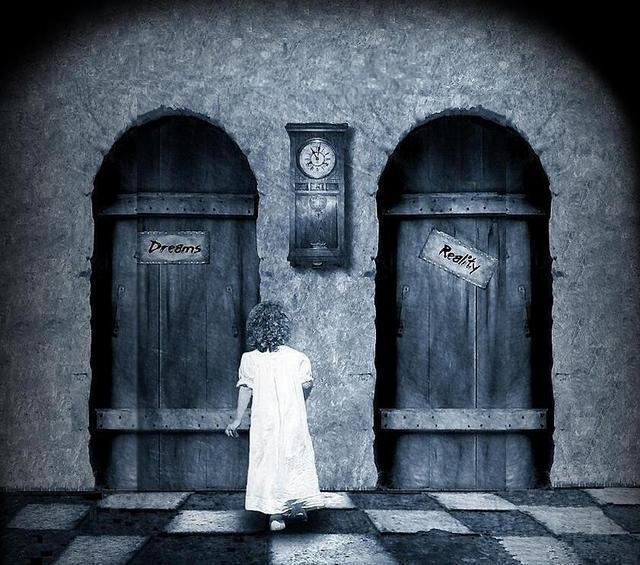QUOTES
- ·
“Thompson (1998) and Rolon Dow (2005) caution that
White…assumptions over the experiences and assumptions held by their students
of colour. I found this cautionary warning to be true in my own research
study.”
When I read this part of the article it really
resonated with me. I often fear the exact opposite of what is being claimed
here. I now am interning at the Boys and Girls Club of Warwick, though I would
say that there is a diverse group of youth, I still at times feel misplaced
when dealing with the youth. I often experience this type of anxiety and find
myself over thinking my approach with youth because of the physical differences
that are faced in front of me. Being that our society is and has been evolving
with diversity, it is often times the White educators and youth workers who
fear saying the wrong things or not being able to understand their students
because of the difference in backgrounds, but I also thinks this works both
ways. Though we live in a society that is changing, as a Black educator and
youth worker, I still have to be mindful not only of how I approach youth of
color, but I also have to realize that I will not be able to completely
understand a situation of a youth who is not of color. It is that concern of am
I thinking too diversely, will I count this student out, or are they overlooked
because they are not part of the minority.
- ·
“I could feel my face flush. Was I overstepping my boundary
here?... On the other hand, I wondered how many days Nam would have spent in
the auditorium before someone had the time to figure out ‘what to do with
him’”.
When we are passionate about something, we tend to act
on impulse and it is then when we have made a reaction and then questioned
about it is when we finally snap back into reality, then asking ourselves, “Was
this the right decision?” I am very outspoken and a passion advocate for youth
and the disabled. So, I often find myself in a position where I react off of
the fairness and my overall morals and concept of systems and society to make
changes and get results for those who need it. I work at the James L. Maher
Center. I work with a resident 1:1 and she is autistic. Before coming into the
house many of the other staff warned me that she fixates on certain things and
that you cannot directly tell her “no”. Also, her favorite thing to eat while
at the residence is Mac & Cheese along with a variety of fruit. One of the
senior staff members had stated that her mother only wanted her to have Mac &
Cheese once a week because she wanted to watch her weight, but the resident
talks and fixates on it every day. Since I have been working here I proposed to
the manager that we talk to her mother about giving it to her on another day of
the week along with Friday just to see if it decreases the behavioral problems
we have with her when making her wait. Ultimately the mother said yes, she did
not mind and actually thought it was a great idea. At first I was nervous to
talk to my manager about it because the senior staff had said that the mother
already said no. I talked with the overnight staff that I work with and she
thought it was a great idea. Though I am very new to the organization, I have
taken many steps out for this resident only because of the passion that I have
working with the disabled and she is also a youth, and I thus far provided
great results for her improvement.

- ·
“’good teachers’ are really fantasies, just as “good mothers”
are: they exist in reputation, not reality and… because most of us are neither
perfect teachers nor perfect mother…’”

As it is said in reality none of us are perfect, but
we strive to be the best that we can and hope for the best. Within that, we all
strive for perfection in some way or part of our life. It kind of goes back to the
activity that we did with YIA on last Friday and how MacKenzie noted that, we
have to not focus on trying to save the world and taking it completely under
our wings, but to just know who we are and be the best that we can be, and with
that alone we will change many lives by being true to ourselves.
Additional comments, in your notes I read about how
the mediation was really for biological infertility and how once this worked
for you on the many levels of your life, it was like a domino effect of production.
You sharing that helped me in ways that you could never imagine. We all
secretly deal with battles in our lives and often times when one part of our
life is held up or bound it affects many other areas. Our ability to give to
others is completely affected by who we are as a whole and not just what we
want people to see and know. I really enjoyed reading this !!!








